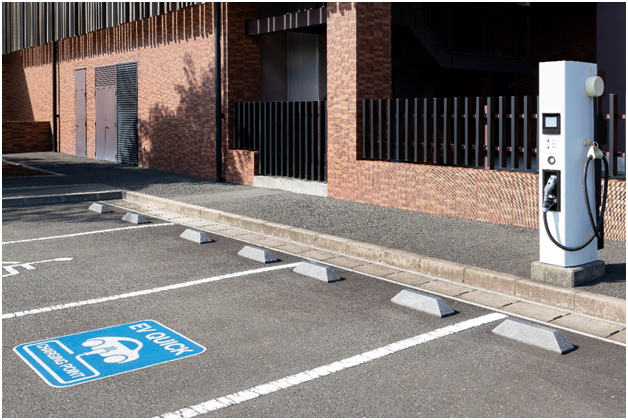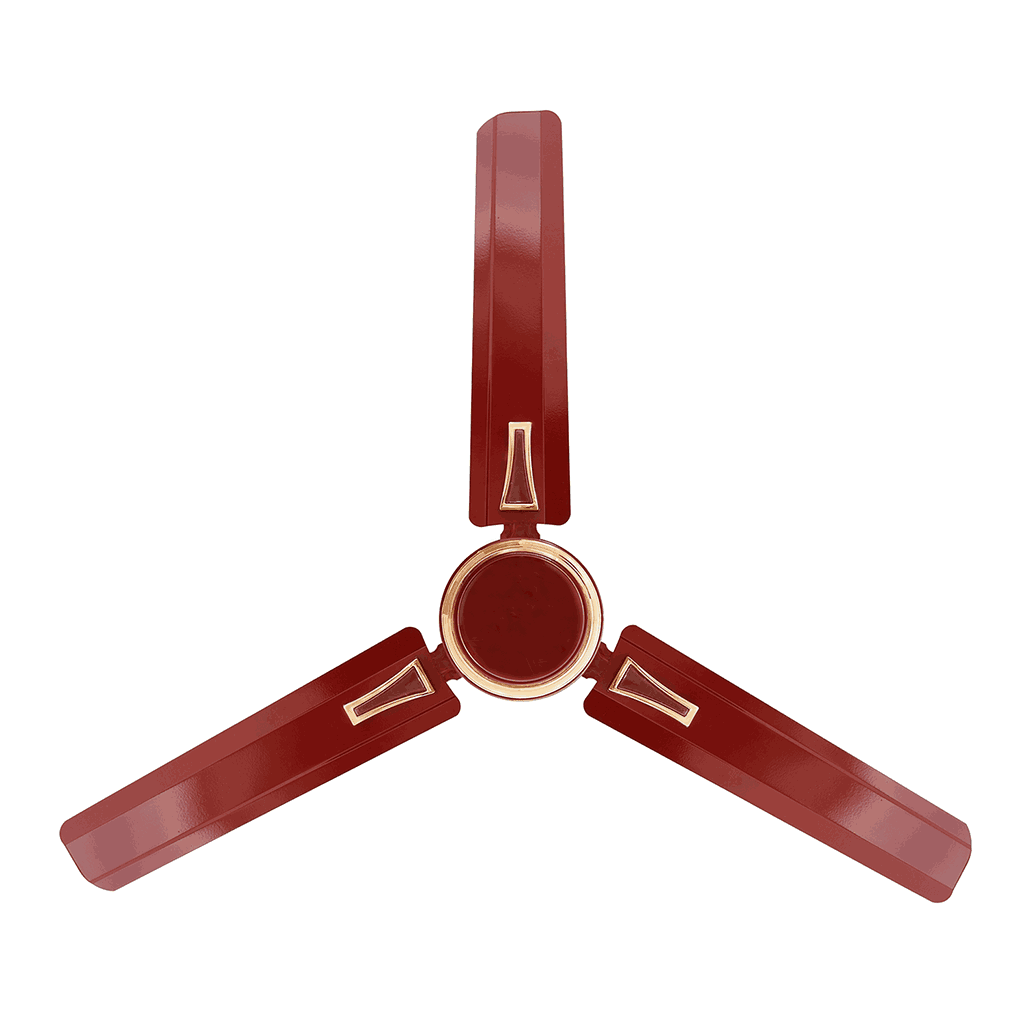In a world that relies heavily on connectivity, understanding the landscape of networking equipment in the UK is essential for both individuals and businesses. From setting up a home office to managing complex corporate networks, having the right equipment can significantly impact performance, security, and productivity. This article will delve into the various types of networking equipment available, key considerations for selection, and where to purchase the best devices in the UK.
The Importance of Quality Networking Equipment
Quality networking equipment is the backbone of any successful network. It facilitates communication between devices, supports data transfer, and ensures that users have reliable access to the internet and internal resources. Whether you’re streaming videos at home or running a multi-site business, the right equipment can enhance your experience and efficiency.
Types of Networking Equipment
1. Routers
Routers are crucial devices that connect multiple networks and direct data traffic. They serve as the gateway between your local network and the internet.
- Key Features:
- NAT (Network Address Translation): Allows multiple devices to share a single IP address.
- Firewall Protection: Enhances security by blocking unauthorized access.
- Types of Routers:
- Wired Routers: Suitable for stable connections, often used in office settings.
- Wireless Routers: Offer flexibility and convenience, ideal for homes and small businesses.
- Mesh Routers: Provide expansive coverage, perfect for larger areas with multiple dead zones.
2. Switches
Switches expand your network by connecting multiple devices within a local area network (LAN). They play a vital role in facilitating communication between devices like computers, printers, and servers.
- Types of Switches:
- Unmanaged Switches: Simple plug-and-play devices suitable for small networks.
- Managed Switches: Offer more control over traffic and can be configured to prioritize certain types of data, making them ideal for larger networks.
3. Access Points
Access points (APs) enhance the reach of your wireless network. They allow wireless devices to connect to the network, extending coverage and improving performance in areas where the router’s signal may falter.
- Benefits:
- Seamless Connectivity: Eliminate dead zones by extending Wi-Fi coverage.
- Scalability: Easily add more APs as your network grows.
4. Modems
Modems serve as the bridge between your home or office network and your internet service provider (ISP). They convert the digital data from your ISP into a format that your devices can use.
- Types of Modems:
- DSL Modems: Used for DSL connections, providing decent speeds for average internet usage.
- Cable Modems: Suitable for high-speed internet access through cable services.
- Fiber Modems: Deliver ultra-fast internet speeds, ideal for heavy data users.
Factors to Consider When Choosing Networking Equipment
When selecting networking equipment in the UK, several factors should influence your decision:
1. Network Size
The size of your network will dictate the type of equipment you need. A small home setup may only require a basic router and perhaps a couple of access points, while a larger office might need multiple switches and a robust router to handle increased traffic.
2. Performance Needs
Assess your network’s performance requirements. For example, if you engage in activities that require high bandwidth, such as video conferencing or online gaming, you will need high-speed routers and potentially managed switches to optimize traffic flow.
3. Budget
Networking equipment can vary widely in price. Set a budget before shopping, but keep in mind that investing in quality devices can lead to better performance and fewer issues in the long run.
4. Future Scalability
Choose equipment that can scale with your needs. Scalable solutions allow you to add devices or upgrade your network as your demands grow, ensuring longevity and adaptability.
Where to Buy Networking Equipment in the UK
For those looking to purchase networking equipment in the UK, several trusted suppliers can provide a range of options. One reliable source is Networking Arts, which offers various networking devices tailored to different needs.
Additionally, you can explore Networking Arts’ shop for the latest products, ensuring you find the right equipment to fit your requirements. Other options include major online retailers like Amazon and local electronics stores that specialize in networking solutions.
Best Practices for Maintaining Your Network
To ensure your networking equipment performs optimally, consider the following best practices:
1. Regular Firmware Updates
Keeping your device firmware updated is essential for security and performance. Most manufacturers release updates to fix vulnerabilities and enhance features, so check for updates regularly.
2. Network Monitoring
Utilize network monitoring tools to track the performance and health of your network. This can help you identify issues before they escalate, ensuring a smooth user experience.
3. Implement Security Measures
Take steps to secure your network by using strong passwords, enabling encryption, and regularly reviewing your network settings. These measures can protect your network from unauthorized access and potential attacks.
Common Mistakes to Avoid
When purchasing networking equipment, avoid these common pitfalls:
1. Overlooking Compatibility
Always ensure that the equipment you choose is compatible with your existing network setup. Incompatible devices can lead to connectivity problems and frustration.
2. Focusing Solely on Price
While staying within budget is important, focusing only on price can lead to poor choices. Invest in quality equipment that meets your needs to avoid long-term issues.
3. Ignoring Customer Support
Consider the level of customer support offered by the brand. Reliable support can save you time and effort if you encounter technical issues.
Conclusion
Understanding the landscape of networking equipment in the UK is essential for anyone looking to establish or upgrade their network. By familiarizing yourself with the different types of equipment available, considering key factors for selection, and purchasing from reputable suppliers, you can ensure a reliable and efficient network setup.
For more information on networking technologies and best practices, explore this detailed guide on Networking Hardware. Staying informed will empower you to make the best choices for your networking needs.










Leave a Reply